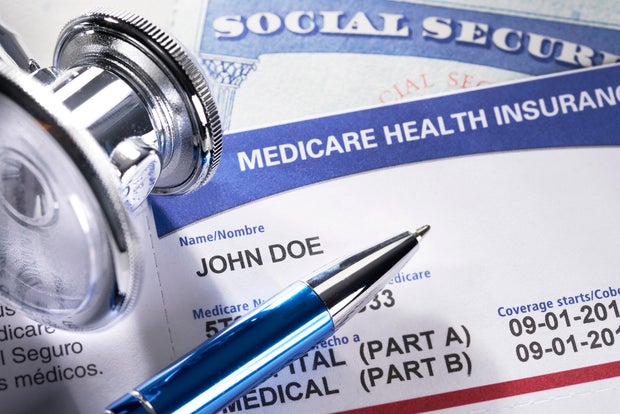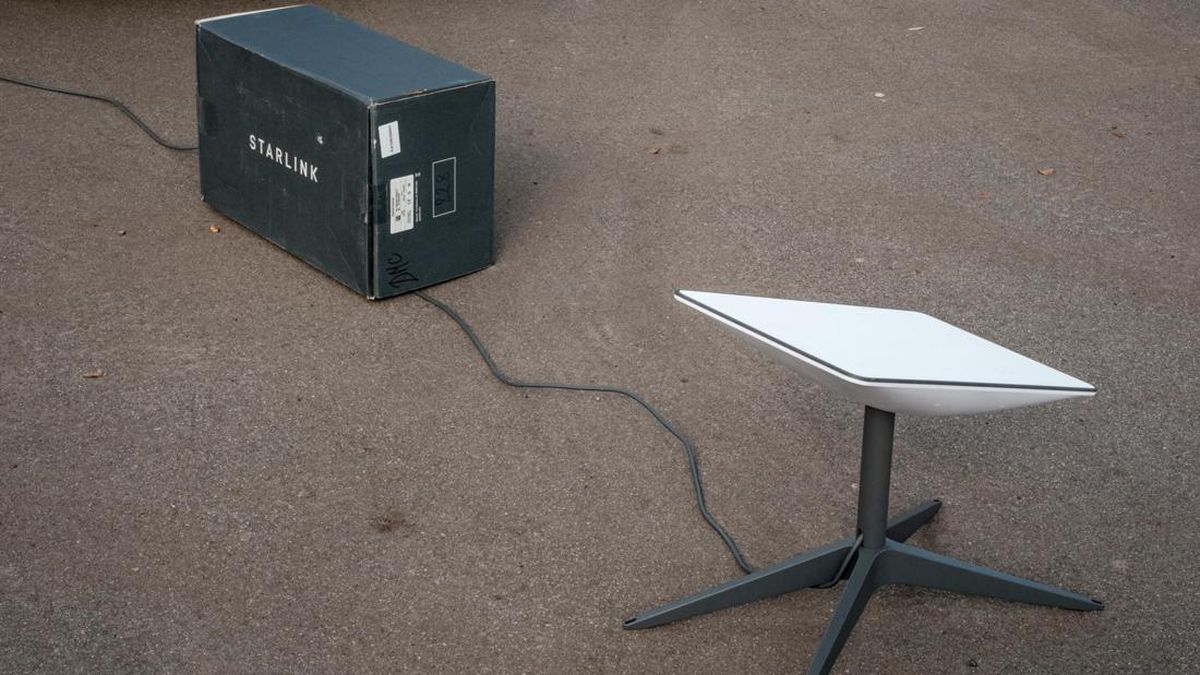 If you're considering a reverse mortgage, make sure you're clear on how it could impact your crucial retirement benefits.
Bill Oxford/Getty Images
If you're considering a reverse mortgage, make sure you're clear on how it could impact your crucial retirement benefits.
Bill Oxford/Getty Images
Making ends meet isn't always easy during retirement, especially in today's unusual economic climate.
Part of the issue is that seniors' debt levels have increased threefold in the last 35 years, which is making it harder for retirees to fit their debt payments and essential expenses into their limited budgets. And, costs for essentials like housing, healthcare and groceries are continuing to rise due to stubborn inflation. At the same time, Social Security benefits rarely replace pre-retirement earnings, leaving many seniors with a monthly shortfall.
That's where reverse mortgages often enter the conversation. These loans, designed for homeowners age 62 and older, allow retirees to tap into their home equity without taking on traditional monthly payments. As a result, this type of borrowing can be a smart tool to consider for older adults who need access to more funding to pay bills, cover medical costs or simply enjoy a more comfortable retirement.
But with Social Security and Medicare forming the backbone of retirement income and healthcare for most Americans, a common question borrowers have is whether taking out a reverse mortgage will affect those benefits. So, will taking out a reverse mortgage have an impact on Social Security and Medicare, or are seniors able to borrow without affecting these vital lifelines? The answer may surprise you.
Learn how to increase your retirement income with a reverse mortgage.
Will a reverse mortgage impact your Social Security benefits?
The good news for seniors is that taking out a reverse mortgage does not directly reduce or interfere with Social Security retirement benefits. Social Security payments are calculated based on your earnings history, not your assets or the type of financial products you use in retirement. That means the money you receive from a reverse mortgage loan doesn't alter the amount you're entitled to each month.
However, there are some important caveats. While standard Social Security benefits aren't affected, certain need-based programs tied to Social Security, such as Supplemental Security Income (SSI), can be impacted. Because SSI eligibility is based on income and resources, large withdrawals from a reverse mortgage (especially if deposited into a bank account) could count toward your available assets, potentially reducing or eliminating your eligibility.
For example, if you choose a lump-sum reverse mortgage payout and park the money in your checking account, it could push you over SSI's strict asset limits. By contrast, receiving the funds in smaller monthly installments or as a line of credit may have less effect, provided the money is spent within the same month it's received.
Given the potential impacts — and the nuances of the program restrictions — consulting with a financial advisor before structuring the payout is essential if you rely on SSI in addition to Social Security retirement income.
Compare your reverse mortgage options and find the right fit now.
Will a reverse mortgage impact your Medicare benefits?
When it comes to Medicare, the answer is equally straightforward: A reverse mortgage does not impact your Medicare eligibility or benefits. Medicare is not means-tested, which means your income and assets don't determine whether you qualify. Whether you take out a reverse mortgage or not, your coverage for hospital visits (Part A), doctor visits (Part B) and prescription drugs (Part D) remains intact.
That said, retirees should be aware of potential indirect consequences. While Medicare coverage itself isn't reduced, the additional funds from a reverse mortgage might tempt some seniors to opt for private medical services, elective procedures or supplemental insurance that could stretch their finances further.
And, it's worth noting that reverse mortgage proceeds could indirectly affect eligibility for Medicaid, which is a separate, need-based program that helps with long-term care costs. Medicaid, unlike Medicare, does have strict income and asset thresholds, and keeping unused loan proceeds in your bank account could put you over those limits.
This distinction is critical: Medicare won't change, but if you rely on Medicaid for nursing home or assisted-living care, you'll need to be mindful of how your reverse mortgage funds are managed and reported.
The bottom line
For most retirees, a reverse mortgage won't jeopardize their Social Security or Medicare benefits. Your Social Security retirement check remains the same, and your Medicare coverage is unaffected, regardless of how you use your home equity. Where issues can arise, though, is with need-based programs like SSI or Medicaid, which do factor in available resources and income.
If you're considering a reverse mortgage, how you structure the loan, how you spend the proceeds and what other benefits you rely on matter significantly. So, be sure to discuss your plans with both a HUD-approved housing counselor and a financial advisor before moving forward, as doing so can help you avoid costly surprises.
Angelica Leicht is the senior editor for the Managing Your Money section for CBSNews.com, where she writes and edits articles on a range of personal finance topics. Angelica previously held editing roles at The Simple Dollar, Interest, HousingWire and other financial publications.


















































